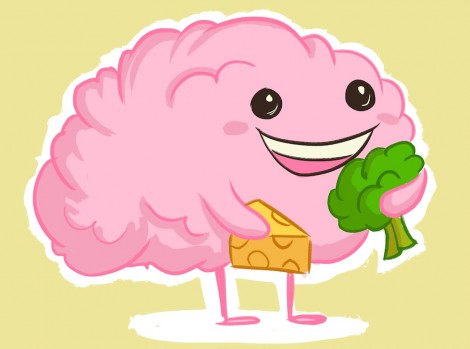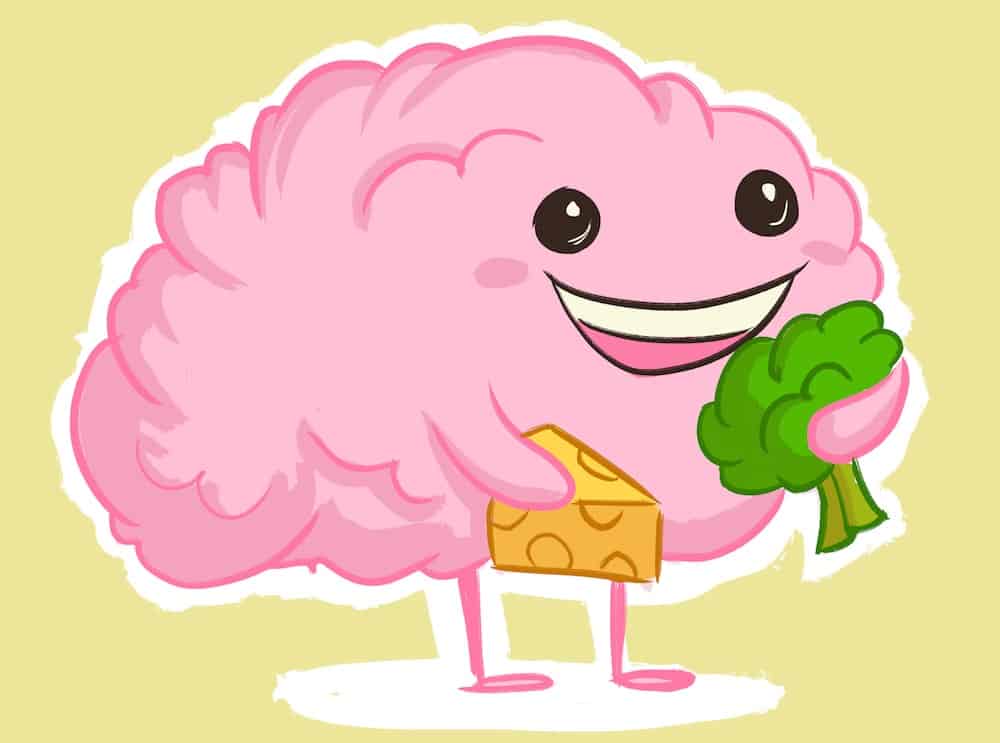Taking data out of context is one of the major issues contributing to the confusion that surrounds nutrition. A classic example is the effect of nutrition on the brain: though scientists often focus on the role of nutrition in the prevention of cognitive decline in older adults, their findings often get extrapolated to the general public. This results in claims that may or may not be true for everyone.

JULEIN BALBONTIN/THE VARSITY
Therefore, when it comes to the effect of food on cognition, the big question for university students is: can food or nutritional supplements actually boost cognition in a healthy, young brain? In the first of this two-part series, we’ll explore the effect of water, ginkgo biloba, and blueberries on cognitive function in young people to discern whether their supposed benefits could possibly influence one’s academic success.
Water
There are some interesting mechanisms that have been proposed to explain the link between water and cognition. Because dehydration is recognized as a state of stress, it causes the body to release cortisol, which has been shown to decrease memory function. Meanwhile, other mechanisms suggest that dehydration can impact neurotransmitter signalling. This can modify blood brain barrier permeability and, subsequently, cause central nervous system distress.
Despite uncertainty surrounding the mechanism, research on this topic has demonstrated that water can improve cognitive function and even mood. However, many of the most promising studies have been conducted in children and results are often confused by inconsistent experimental factors like degree of dehydration.
A study conducted by researchers in the UK investigated this phenomenon in university students. Though it was only an observational study, the study found that students who drank water during the exam scored 5 per cent higher than students who did not drink anything during the exam. Moreover, this effect was observed even when controlling for the student’s academic abilities, as determined by their coursework grades. Thus, based on this finding, I think it’s a wise idea to always bring a bottle of water with you into an exam.
Ginkgo Biloba
Though it’s technically not food, ginkgo biloba is a popular supplement that’s often touted to be a memory enhancer. Like water, it is thought to modulate neurotransmitters, in addition to being an antioxidant. Despite some studies showing ginkgo biloba to have a dose-dependent effect on improving attention in young adults, a systematic review of trials in healthy people showed no effect.
That being said, we can’t completely conclude that there is not benefit, because traditional remedies such as ginkgo biloba are often taken as a preventive measure. Therefore, while the evidence suggests that it won’t help your GPA right now, it is still possible that there are long-trerms cognitive benefits.
Blueberries
Blueberries have been shown to be quite beneficial for the aging brain. However, according to PubMed, there appears to be no research exploring the effect of berries on cognition in young people. Nevertheless, this illustrates an important concept: lack of evidence does not necessarily mean that there is a lack of effect. So even though it hasn’t been systematically proven, a regular dose of berries is always a good idea, because with the countless antioxidants they contain, you simply can’t go wrong.
Overall, despite the fact that university students are notorious for overlooking the importance of nutrition, what you eat can have an effect on your brain. Next week, we’ll explore the effect of carbohydrates, omega 3s and the Mediterranean diet.
Mary Scourboutakos is a PhD student in the Department of Nutritional Sciences.


